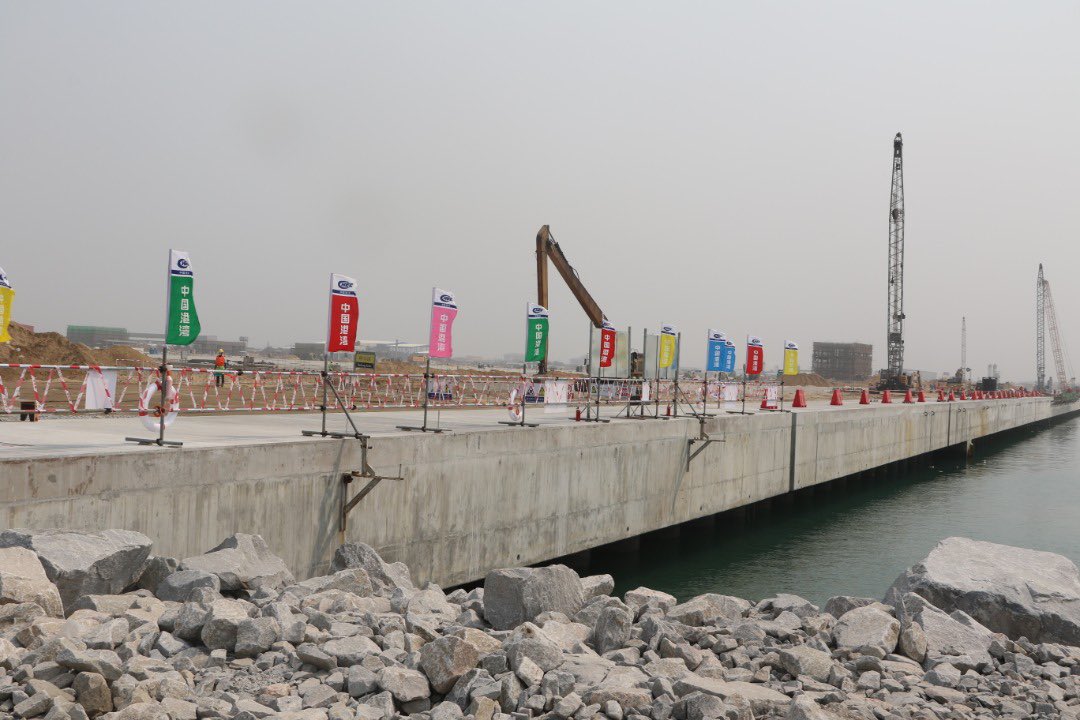The Nigerian Ports Authority (NPA) has shared some of the potentials Lekki Deep Seaport will bring to Nigeria soon after it commences operations.
Addressing journalists in Lagos, Managing Director (MD), NPA, Mohammed Bello-Koko said the Apapa and Tin-Can Island ports are operating far beyond their capacity. Hence, they will be relieved as soon as Lekki Deep Seaport starts to function.
According to Bello-Koko, the excess cargoes at the two ports would be diverted to the port by September when it commences operation. He added that some of the businesses, which the country is losing to neighbouring countries, would be retrieved back with the Lekki Deep Seaport.
His words: “Some of the businesses we have lost to other neighbouring West African countries due to drought limitation will be regained. There will be employment creation and increased revenue for government.
“It will create competition and compel other terminal operators to up their games to reduce cargo dwell time at their terminals.
“Apapa and Tin-Can Island ports have been operating far beyond their capacity; which means that the excess cargoes that have been going there would be diverted to Lekki port.”
About the Lekki Deep Seaport
Projected to commence operations in five months’ time, Lekki Deep Seaport is a multi-purpose port at the heart of the Lagos Free Trade Zone, and it’s projected to be one of the most modern ports in West Africa.
Amongst other things, the port is poised to offer enormous support to the burgeoning commercial operation across Nigeria and the entire West African region.
It is the largest seaport in Nigeria and one of the biggest in West Africa. Lekki port is to be expanded to have a capacity of handling around 6 million TEUs of containers and a significant volume of liquid and dry bulk uncontainerized cargoes.
The port is to be equipped with ships able to transport over 14,500 containers.













